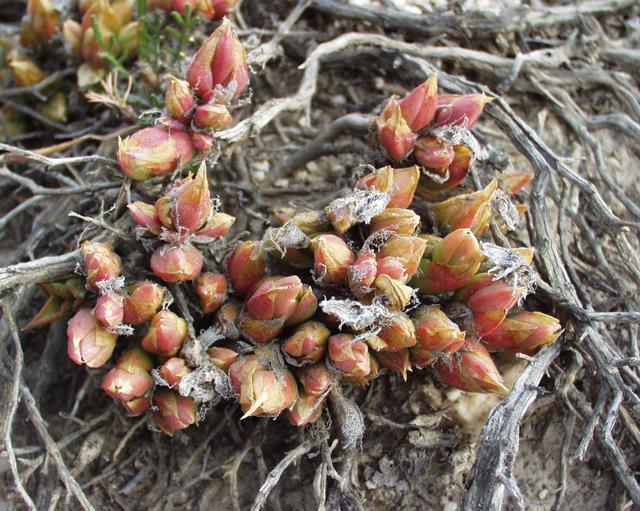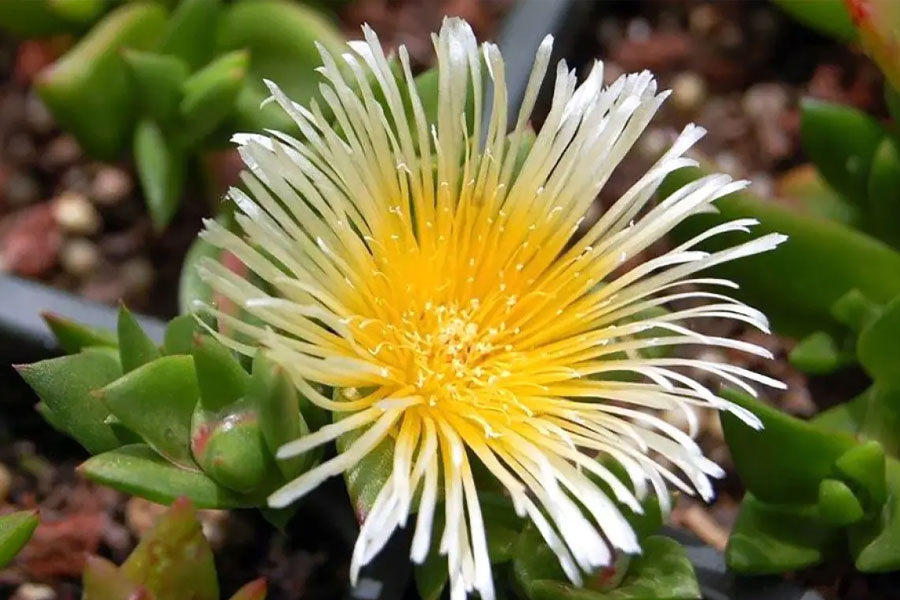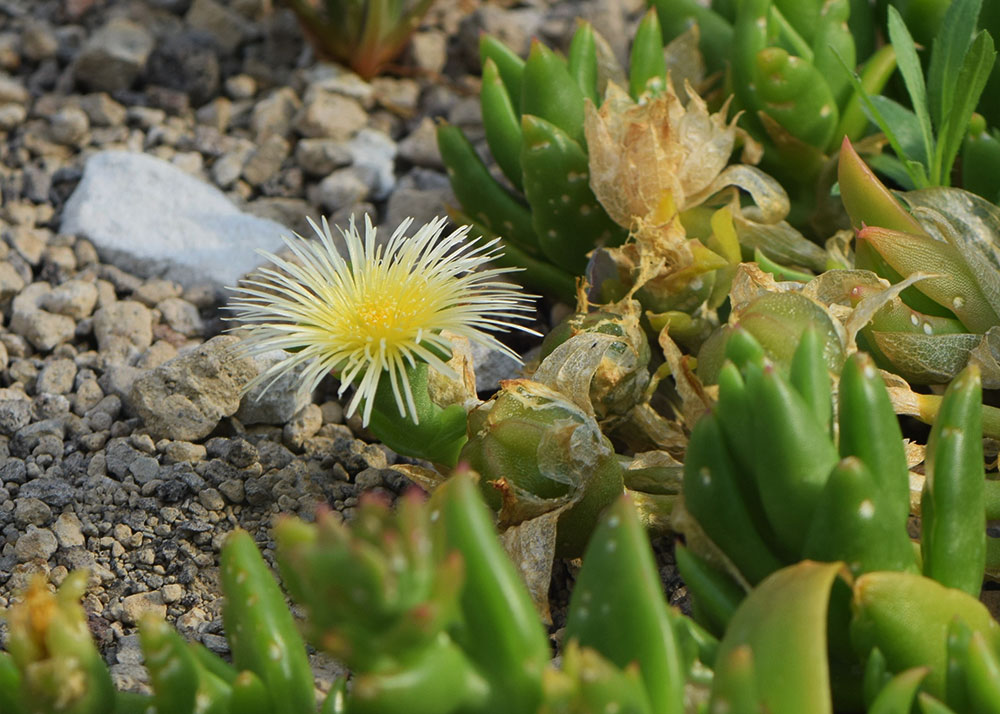Kanna as a Treatment for Stress and Depression
Case studies on humans have also been reported. In one case 50 mg of Sceletium caused significant decreases in anxiety and improvements in mood and in another case the same does lifted mood and improved sociability. Sceletium plants produce a range of alkaloids that may explain their pharmacological activity. Sceletium tortuosum has been shown to contain a number of alkaloids including mesembrine, mesembrenine and mesembrine.
Share This Story, Choose Your Platform!
Kanna (Sceletium tortuosum) as a Treatment for Stress and Depression
Kanna (Sceletium tortuosum) is a succulent plant native to South Africa. Kanna is also often referred to as channa. A medicine made from kanna called Zembrin is also available. Kanna is used in traditional medicine as a treatment for both stress and depression, which suggests that it contains phytochemicals that affect the central nervous system. A fermented form of kanna called kougoed is also produced and used medicinally for this reason. A number of studies have investigated the claims that kanna is an effective treatment for stress and depression. Most of these have involved animal experiments. For example, in one study, researchers administered kanna to rats and then applied to stress to them by restraining them. Low doses of kanna caused reductions in anxiety and a lowering of corticosterone levels, however this was accompanied by some depression of the immune function of the rats. Case studies on humans have also been reported. In one case 50 mg of Sceletium caused significant decreases in anxiety and improvements in mood and in another case the same does lifted mood and improved sociability.
Sceletium plants produce a range of alkaloids that may explain their pharmacological activity. Sceletium tortuosum has been shown to contain a number of alkaloids including mesembrine, mesembrenine and mesembrine. However the alkaloid chemistry is complex and there are many alkaloids and their chemistry and biological effects are not fully understood. The alkaloid mesembrine may act as a selective serotonin reuptake inhibitor in animals. However it may not prevent the reuptake of noradrenaline and dopamine. In addition, mesembrine may also inhibit the enzyme phosphodiesterase, and in this regard may potentiate the activity of the cyclic AMP second messenger systems in cells. This may also produce central nervous system affects. Case studies on humans show that 50 Sceletium can cause improvements in major depressive disorder within a few days, and may also improve sleep patterns. Image is of a kanna plant. Image from: By H Brisse (upload by Abalg) – from the aforementioned site, CC BY-SA 3.0, https:// commons.wikimedia.org/ w/ index.php?curid=3772389.






